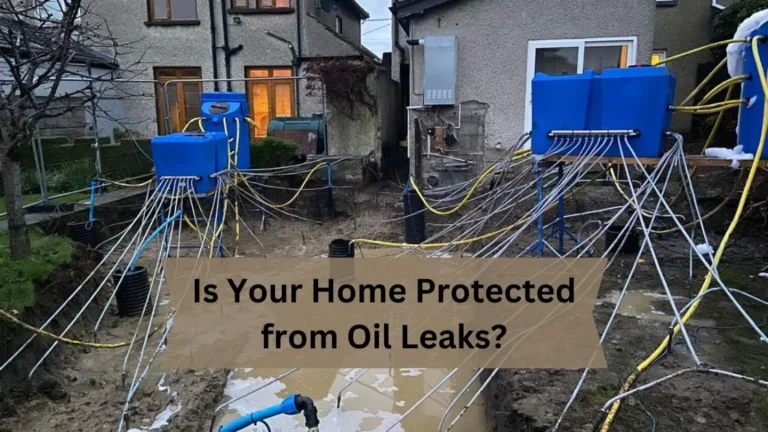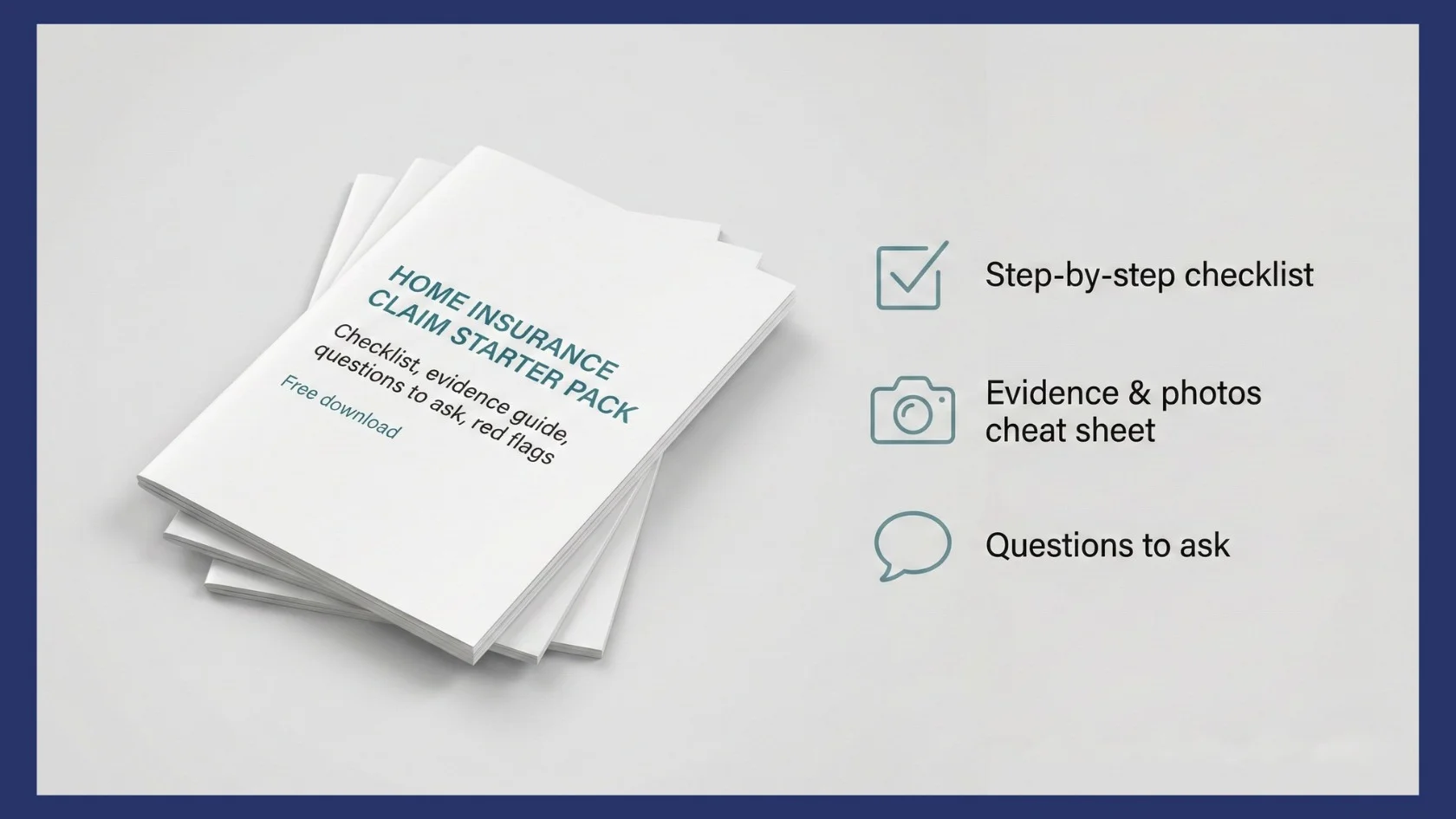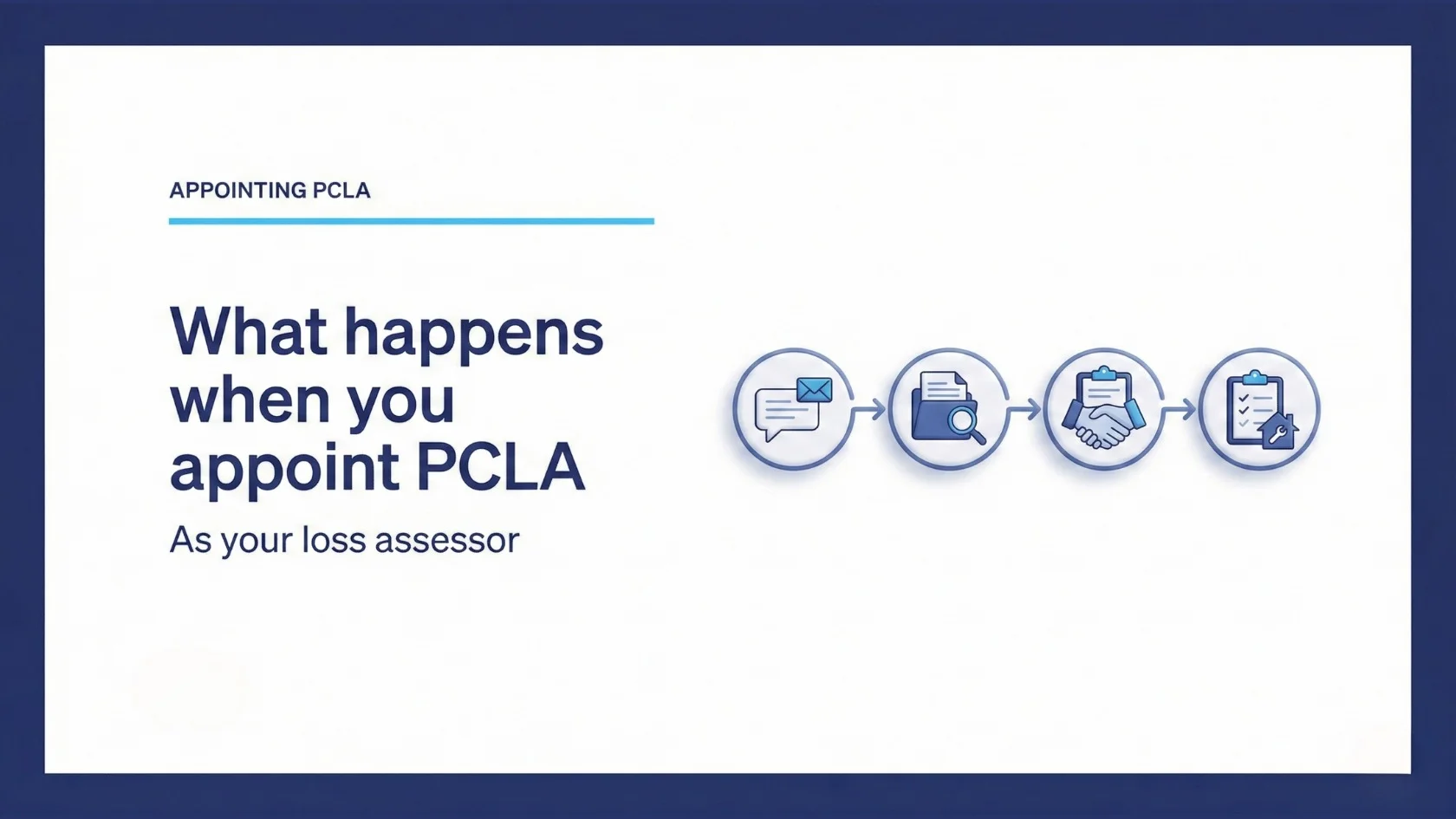Oil leaks in heating systems can lead to costly repairs and environmental concerns. Understanding how UK home insurance can cover these incidents is crucial for protecting your home and your finances.
When thinking about home protection, buildings insurance is an essential safety net, offering coverage for a variety of potential perils. Among the many risks covered in a standard buildings home insurance policy, escape of oil from heating systems is one that tends to be overlooked, despite the significant damage it can cause.
Homeowners who rely on oil-fired heating systems, particularly those in rural areas, are at risk of oil leaks, which can result in serious structural damage to the property and contamination of the surrounding environment.
While fire and water damage often dominate discussions about home insurance, the escape of oil presents unique challenges. Oil is both toxic and flammable, and leaks can be costly to rectify if not addressed promptly.
In this blog post, we’ll explore the specific risks associated with oil leaks from heating systems, what is typically covered under a home insurance policy, and common exclusions that may prevent a successful claim.
What is Escape of Oil from Heating Systems?
An escape of oil occurs when oil leaks from a fixed heating system, such as an oil-fired boiler or an external oil storage tank. This is particularly common in homes that use oil-fired central heating, a system more frequently found in rural areas where access to mains gas is limited.
Oil can leak due to damaged pipes, poorly maintained equipment, or corroded storage tanks, and when it escapes, it poses a significant risk to both the home’s structure and the environment.
Why is Escape of Oil Dangerous?
Oil is more damaging than water when it comes to leaks. It seeps into porous materials like brick, concrete, timber, and soil, causing long-term contamination that is difficult and costly to remediate.
The dangers of an oil leak extend beyond mere structural damage to include environmental contamination. If oil reaches the soil beneath your home, it can travel through groundwater, potentially affecting not only your land but also nearby water supplies. Additionally, oil is highly flammable, increasing the risk of fire in your home.
Unlike water leaks, which are often visible or quickly noticed due to dampness, oil leaks can remain undetected for extended periods, especially if the leak is small and gradual.
Over time, this slow contamination can result in extensive structural damage and create a persistent, unpleasant odour that is difficult to remove. Furthermore, the clean-up of oil spills requires specialist knowledge and equipment, making it more complicated than dealing with other types of leaks.
How Oil Escape is Covered in Home Insurance
A standard buildings home insurance policy typically includes coverage for the escape of oil from a fixed heating system, but understanding the limits and specific conditions of this coverage is critical. Let’s break down the key aspects of what is typically covered.

Coverage Details
A typical home insurance policy will cover the following:
- Structural repairs: Damage to your home’s walls, floors, foundations, and other structural elements caused by oil leaks.
- Oil clean-up costs: Cleaning up an oil spill requires specialised techniques to prevent environmental contamination and ensure safety. The cost of this clean-up is usually covered under standard buildings insurance.
- Damage to permanent fixtures: If the oil leak damages fixed parts of the home, such as fitted kitchens, bathrooms, or flooring, these are often included in the cover.
Real-Life Example
Imagine that a small, unnoticed leak in your oil heating system allows oil to seep into the soil beneath your home. Over time, this leak causes damage to the foundation and leaves a strong oil smell throughout your property. In this case, your home insurance policy should cover the cost of repairing the structural damage, replacing affected fixtures, and cleaning up the contaminated soil.
Exclusions You Need to Know About
While oil leaks are generally covered by buildings insurance, there are key exclusions and conditions to be aware of. Knowing these exclusions can help you take steps to protect yourself and avoid denied claims.
Poor Maintenance
A common reason for a denied claim is a lack of regular maintenance on your heating system. Most insurance policies stipulate that homeowners are responsible for maintaining their systems in good working order.
If the escape of oil is found to be the result of poor maintenance or failure to service the system, the claim may be denied. Regular servicing by a qualified heating engineer is essential to ensuring that your system is running smoothly and preventing future leaks.
Gradual Leaks
Gradual or slow leaks are another common exclusion in home insurance policies. Many policies cover sudden, accidental oil leaks but do not provide cover for leaks that have developed slowly over time. If the damage is caused by a long-standing leak, the insurer may argue that it was a preventable issue, and therefore refuse to pay for the repairs or clean-up.
Unoccupied Properties
Homeowners must also be cautious when leaving their property unoccupied. If your home is vacant for more than 30 to 60 days, depending on your policy, and no preventative measures were taken (such as draining the oil tank or turning off the system), the insurer may not cover any oil damage that occurs during this period. It is essential to check your policy’s specific terms regarding unoccupied properties to ensure you’re fully protected.
Environmental Damage Beyond Your Property
While your insurance may cover the cost of cleaning up oil within your property, it may not cover environmental damage that extends beyond your land. If the oil leak contaminates nearby water supplies or neighbouring properties, you may need additional specialist cover to manage the clean-up and any potential legal liabilities.
Technical Aspects of Dealing with Oil Leaks
Addressing an oil leak is not as simple as mopping up the spill. Oil is highly invasive, and clean-up efforts often involve both specialised techniques and strict environmental regulations. Here are some of the technical aspects involved in managing an oil spill:
Ground Testing and Oil Contamination Detection
One of the first steps in dealing with an oil spill is to assess the extent of the contamination. This usually involves ground testing, where samples of soil and groundwater are taken from the affected area and lab tested to determine how far the oil has spread.
Ground testing is critical because oil can easily migrate through soil and contaminate underground water supplies. The process involves drilling into the soil to extract samples, which are then tested in a laboratory to measure the levels of contamination. These tests will also help assess whether further environmental clean-up is required, such as excavating contaminated soil or installing barriers to prevent further migration of the oil.
If the oil leak has reached the groundwater, additional remedial measures will need to be taken. In some cases, contaminated groundwater may need to be pumped out and treated, a process that can take months or even years depending on the extent of the contamination.
Use of Ventilation Extraction Units (VEUs)
One of the more challenging aspects of an oil leak is dealing with the lingering odour. Even after the physical clean-up has been completed, the smell of oil can remain in a property for months, particularly if the oil has seeped into porous materials like wood or plaster. This is where ventilation extraction units (VEUs) come into play.
VEUs are devices designed to remove contaminants from the air inside affected properties. They work by drawing in the contaminated air and passing it through filters that capture oil particles and neutralise odours. These units are particularly useful in situations where oil has seeped into walls, floors, and other building materials, as they help to expedite the removal of the oil smell.
VEUs are often used in conjunction with other clean-up measures, such as airing out the property and applying specialist cleaning solutions to the affected surfaces. Depending on the severity of the contamination, VEUs may need to be left in place for several weeks or even months to fully eliminate the odour.
Remediation Techniques for Oil-Contaminated Ground
In cases where oil has seeped into the ground beneath your property, more invasive remediation techniques may be required. Excavation is the most common method, where the contaminated soil is physically removed and replaced with clean soil. This is often the best solution when the contamination is confined to a small area, such as directly beneath a leaking oil tank.
However, if the oil has spread over a larger area, other methods may be employed, such as bioremediation. This technique involves introducing microorganisms that can break down the oil in the soil, gradually reducing the contamination levels over time. Bioremediation is a slower process than excavation but can be more cost-effective and less disruptive in cases where the contamination is widespread.
In some situations, in-situ chemical oxidation (ISCO) may be used. This process involves injecting chemicals into the ground that react with the oil, breaking it down into less harmful substances. ISCO can be an effective way to deal with deep-seated contamination that cannot be easily excavated.
Learn more about Oil Spill Remediation services in Northern Ireland.
Preventive Measures to Minimise Risk
Preventing an oil leak from happening in the first place is far easier—and far less costly—than dealing with the aftermath of a spill. Here are some preventive steps homeowners can take:
Regular Maintenance of Heating Systems
The best way to prevent oil leaks is to have your heating system serviced regularly by a qualified engineer. An annual service will help to ensure that any potential problems, such as corroding pipes or worn-out seals, are identified and fixed before they cause a leak.
Installation of Leak Detection Systems
Leak detection systems are a valuable investment for homes that rely on oil heating. These systems can detect even small leaks in your heating system and alert you to the problem before it escalates. In some cases, installing a leak detection system can also result in lower insurance premiums, as it reduces the risk of a costly oil spill.
Regular Visual Inspections
In addition to professional servicing, homeowners should regularly inspect their oil tanks and pipes for any signs of damage or corrosion. Keeping an eye on oil levels can also help you spot a leak early, as an unexplained drop in oil levels may indicate a problem with your system.
Managing Unoccupied Properties
If you plan to leave your property unoccupied for an extended period, ensure that your oil heating system is turned off or drained. This will prevent any leaks from occurring while you are away and protect you from a potential insurance dispute if an oil spill does happen.
Conclusion
The escape of oil from heating systems is a serious peril that can cause extensive damage to both your property and the environment. While most home insurance policies provide cover for this type of event, it is important to be aware of the potential exclusions, such as poor maintenance, gradual leaks, and unoccupied properties. Regular servicing, the installation of leak detection systems, and a thorough understanding of your insurance policy’s terms can help protect you from the significant financial burden that an oil spill can create.
In addition to understanding your coverage, it’s essential to be familiar with the technical aspects of addressing an oil spill, including ground testing, the use of VEUs to manage oil odours, and remediation techniques for contaminated soil. By taking proactive steps to maintain your heating system and protect your property, you can reduce the risk of an oil escape and ensure that your home remains safe and secure.
In short, the escape of oil may not be the most common peril homeowners face, but the risks it presents are significant. Protect your home by staying informed, maintaining your heating system, and understanding your insurance policy inside and out.



